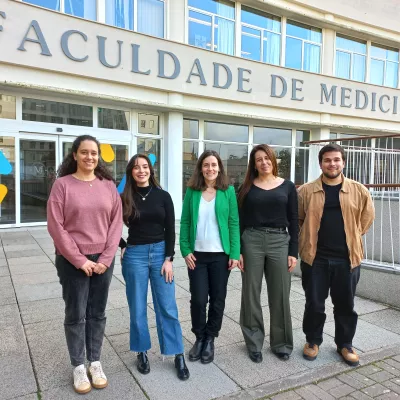
Project description
Spondyloarthritis (SpA) and Rheumatoid arthritis (RA) are among the most common chronic inflammatory rheumatic diseases. Although clinical manifestations and disease course may be heterogeneous, RA typically presents with a symmetric polyarthritis involving the small joints of the hands, wrists and feet, while axial Spondyloarthritis (axSpA), a subtype of SpA, affects primarily the spine and sacroiliac joints. Introduction of Tumor Necrosis Factor alpha inhibitors (TNFi) to the therapeutic strategy improved acute inflammation and pain, but a significant percentage of patients develop severe adverse events or are still non responders or incomplete responders to these expensive treatments.
There is an urgent need to identify new predictors of biological therapy response. Actually, it has been described the rôle of microbiota in some rheumatic diseases, however, clinical trials are scarce. Thus, this project aimed to evaluate the influence of oral and gut microbiota in the therapeutic response to biologic therapies, in 30 axSpA and RA patients and 30 healthy controls. It is expected to identify specific profiles of oral and gut microbiome and/or specific biochemical patterns that will be able to predict the response to TNFi therapy and, consequently, a better evidenced-based treatment.
Portugal's winning projects


AGEWISE: Unravelling the gut-hormone axis in Women's Aging


Microbiome manipulation to reduce psychopathology in Multiple Sclerosis


Impact of maternal obesity on early-life microbiota-induced immune system priming





